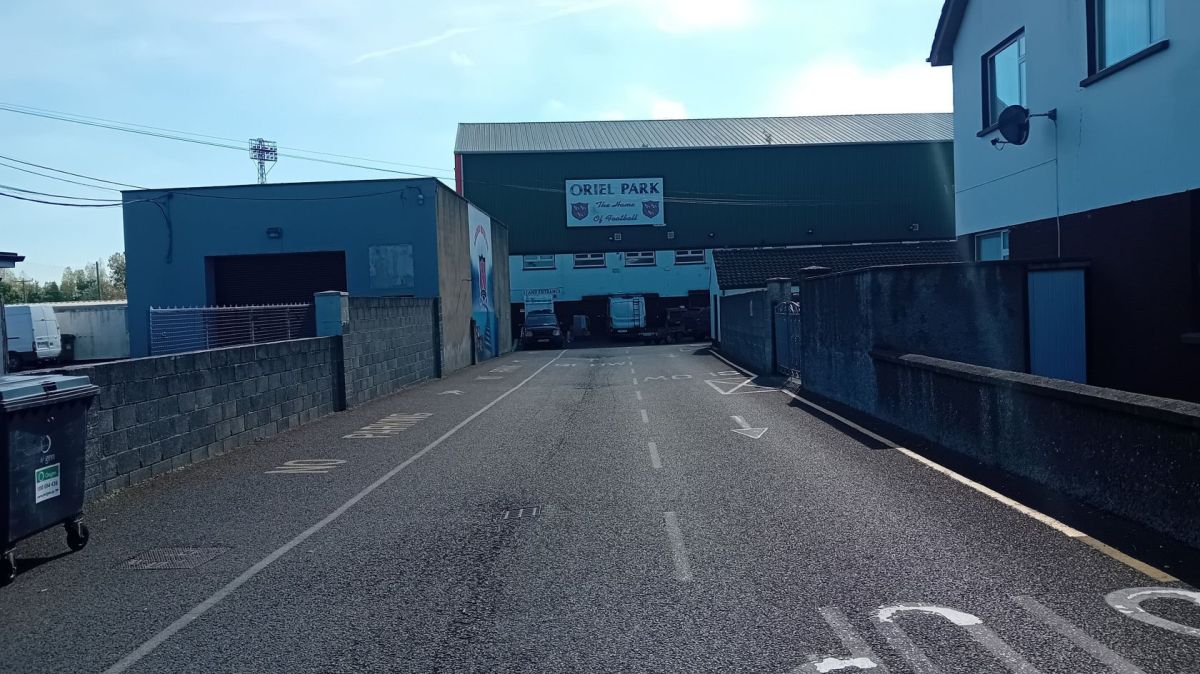Speaking at the Dublin Economics Workshop in Wexford, Michele Connolly, former Head of Global Infrastructure at KPMG, described infrastructure as “the critical enabler of long-term global economic growth.” She argued that without reliable foundations such as housing, energy and transport, Ireland cannot sustain its recent global competitiveness gains.
Although Ireland was ranked the most competitive country in the eurozone in the 2025 World Competitiveness Rankings, its position for basic infrastructure dropped to 44th out of 69 countries, falling from 38th last year. “How on earth can we be accepting that Ireland is sitting down in 44th?” Ms Connolly asked. “We need to be more radical. We need to cut through the layers of processes and procedures that slow projects down.”
She called for stronger coordination between government departments, agencies, the courts, local authorities and the private sector, noting that projects deemed urgent by one body are often far down the priority list for another.
The issue of judicial reviews also drew attention, with Ms Connolly insisting that the “common good needs to take priority” in decision-making. Her remarks were echoed by Cormac O’Rourke, chair of the Land Development Agency, who criticised ongoing legal challenges holding up housing projects. He pointed to the Dundrum site of the former Central Mental Hospital, where nearly 1,000 planned homes remain stalled despite State approval.
Meanwhile, Frances Ruane, chair of the National Competitiveness and Productivity Council, highlighted Ireland’s high energy costs – 56% above the EU average – as another major obstacle. “Effectively, we have the highest energy prices in Europe,” she said, warning that infrastructure shortcomings are “dragging down” the country’s overall competitiveness.















